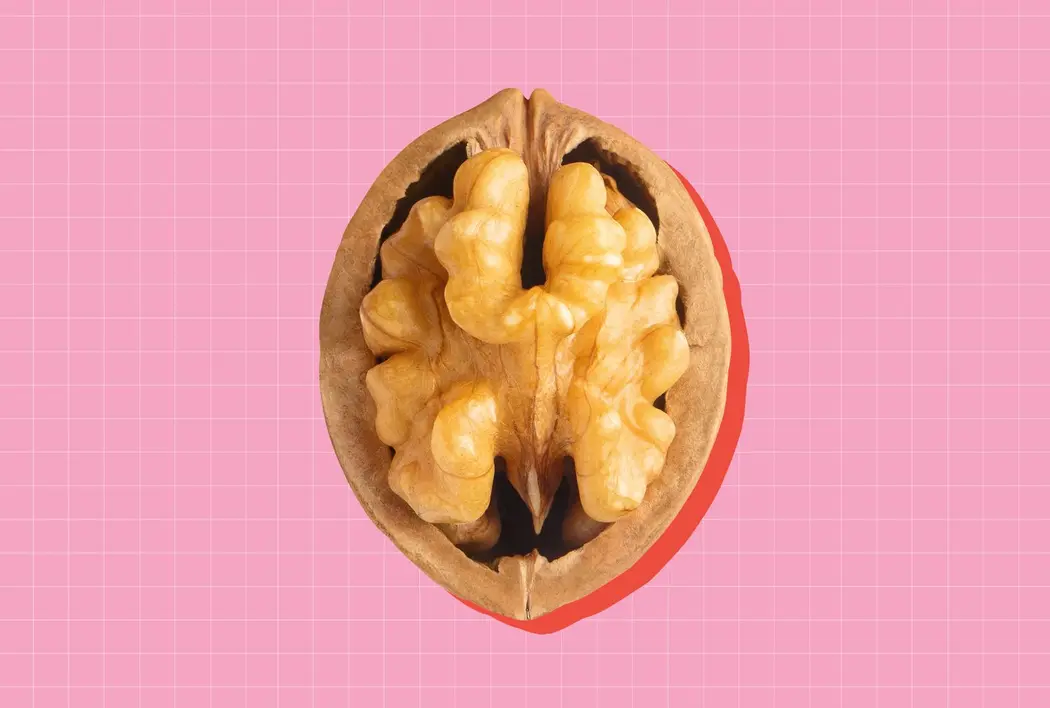T4K3.news
Parkinsons Bacteria Link Points to Vitamin Therapy
New study links gut bacteria to B vitamins in Parkinsons and calls for careful testing before any treatment changes.

Researchers link gut microbes to vitamin production and explore a vitamin based approach for Parkinsons disease.
Parkinsons Link to Gut Bacteria Points to Vitamin Therapy
Researchers analyzed fecal samples from 94 patients with Parkinsons disease and 73 healthy controls in Japan, comparing them with data from China, Taiwan, Germany, and the United States. They found that different groups of gut bacteria affected pathways that synthesize B vitamins, and that people with Parkinsons had lower levels of riboflavin and biotin. This drop was linked to reductions in short chain fatty acids and polyamines, molecules that help maintain a healthy mucus layer in the intestines. A thinner mucus barrier could allow more exposure to environmental toxins, which the study notes are common in daily life and may contribute to the disease process by promoting harmful protein build up in brain cells.
The researchers suggest that healthy gut microbiomes may offer protection and that cutting pollution and toxins could also help. They propose a potential therapy: high dose riboflavin and biotin supplements tailored to individuals with specific deficiencies. To guide this, they envision gut microbiota analysis or fecal metabolite tests to identify who might benefit before starting treatment. While the findings are promising, the authors caution that Parkinsons disease has multiple causes and that any vitamin based approach would require careful clinical testing across diverse populations.
Key Takeaways
"Deficiencies in polyamines and SCFAs could lead to thinning of the intestinal mucus layer."
Mechanism described by Nishiwaki
"Using these findings, we could identify individuals with specific deficiencies and administer oral riboflavin and biotin supplements to those with decreased levels."
Potential personalized therapy
"Supplementation therapy targeting riboflavin and biotin holds promise as a potential therapeutic avenue for alleviating PD symptoms and slowing disease progression."
Researchers' optimism
"We could perform gut microbiota analysis on patients or conduct fecal metabolite analysis."
Approach to tailor treatment
The study adds to a growing picture of how the gut and brain may influence neurodegenerative diseases. A key appeal is the idea that a simple, accessible intervention could slow progression for some patients, but the path from microbiome signals to medical practice is not short. Experts stress that results from small, localized groups must be replicated in larger, varied populations before recommendations are made. The work also highlights a broader issue: patients may be tempted to self treat with vitamins, which can carry risks if used in high doses without medical supervision. In public health terms, the research points to a need for rigorous trials, clear patient guidance, and careful messaging to prevent misinformation while keeping an openness to new approaches.
Highlights
- Gut health could steer the course of Parkinsons therapy
- Vitamins might slow the clock on neurodegeneration
- Tiny microbes could unlock big answers
- A simple vitamin approach demands rigorous trials
Medical research on gut based PD therapy requires caution
The idea of using vitamins to treat Parkinsons is in early stages. Overstating results could mislead patients into self treatment. Robust, diverse clinical trials are needed before broad medical recommendations.
As science peels back the gut brain link, patients should await confirmed guidance from robust trials.
Enjoyed this? Let your friends know!
Related News

Potato guide changes how we think about fries

Study reveals genes linked to mental illness activate in fetal stages

New studies explore sunlight benefits for health

Bowel cancer risk may be lowered through diet changes

Eating Bananas Every Day Leads to Health Benefits

Signs of health issues linked to night waking

Study Links Gut Health to Chronic Fatigue and Long COVID

New study reveals Ozempic's benefits for dementia risk in diabetes
